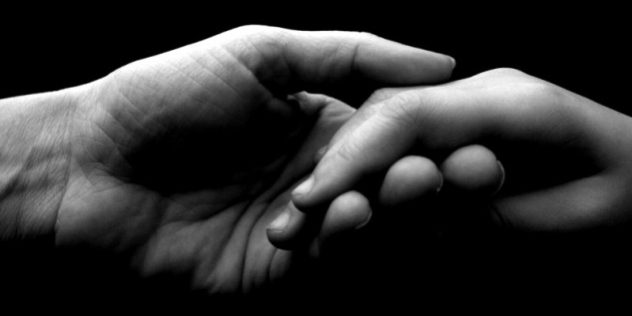I’m no stranger to tough situations; my work has taken me into a lot of intensely challenging environments, from psychiatric hospitals to jails. I, myself, have faced life-threatening mental health issues, from which I have gratefully recovered. But two weeks ago, I was confronted by the cracks in our mental health and judicial systems in a way I’d never anticipated.
On Dr. Martin Luther King, Jr. Day, I was walking on the streets of Portland, Oregon when a man — clearly in an altered state — threatened to hit me over the head with a baseball bat. I was terrified and ran. After catching my breath, I called the police to report the incident, and was relieved to discover that they’d already received five separate calls about the man’s behavior. Not too much later, the man was apprehended. I found out afterwards that he had a long, documented history of mental illness and criminal activity — and after further inquiry, I discovered that he was on police-hold in the hospital, hopefully getting the treatment he so desperately needs.
This man looked at me with the eyes of murder. He threatened me with violence in a way I had never experienced or even imagined. I’ve had a lot of mental health treatment and training in trauma, so I will be okay, but that feeling of being threatened will remain with me for a long time.
But what do I see in this man? I do not see a hateful human being, I do not see a criminal. I see someone who has been failed by our mental health and judicial systems. I see someone whose cries for help have been ignored. I see someone whose perfection has been corroded by a lack of compassion and care. I can forgive this man, but I cannot forgive our collective paralysis and complacency around this issue.
In a way, it was fitting that this incident happened on Dr. Martin Luther King, Jr. Day for two reasons. First, that day I had just published a blog on how MLK Day should serve as a wakeup call to the dismal state of our mental health, education, and judicial systems — and about how inequality in mental health care remains a hidden civil rights issue. Secondly, this day is also a national day of service, where we step out of our everyday routines to recognize each other’s humanity with the goal of taking action, big or small, to rectify injustices. This man is but a symptom of our ailing systems, and I want him to serve as an impetus for us all to start caring about the human behind the brain health condition.
Many friends reached out to me to make sure I was safe, and I am thankful for their thoughts. But I take their well-wishes, and I ask you to up the ante. In the spirit of service and action, please share this blog, and most importantly, do something today with your time, your vote, your financial resources, your heart.
What action will you take? Share your thoughts in the comments below — only together can we usher in the radical change we need!







